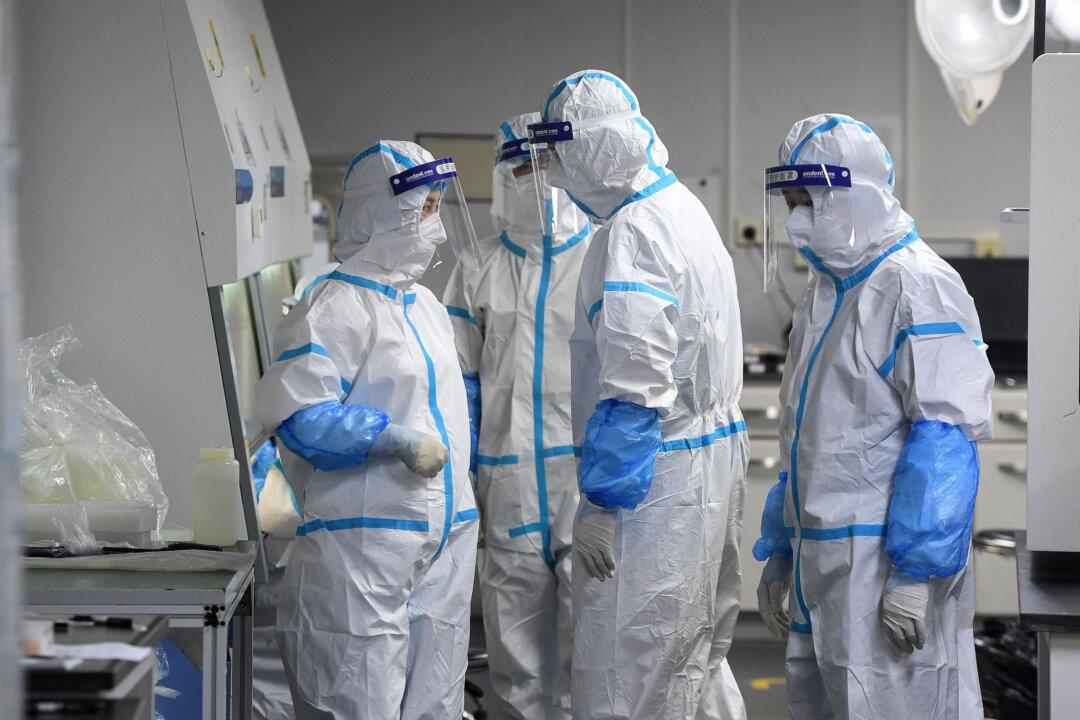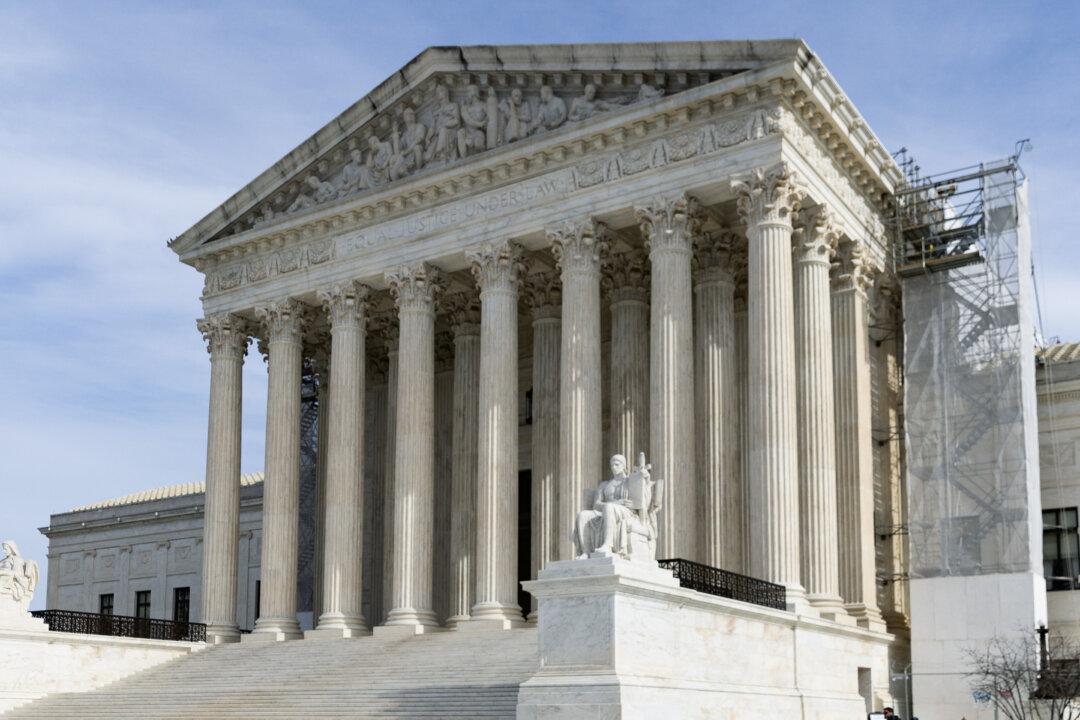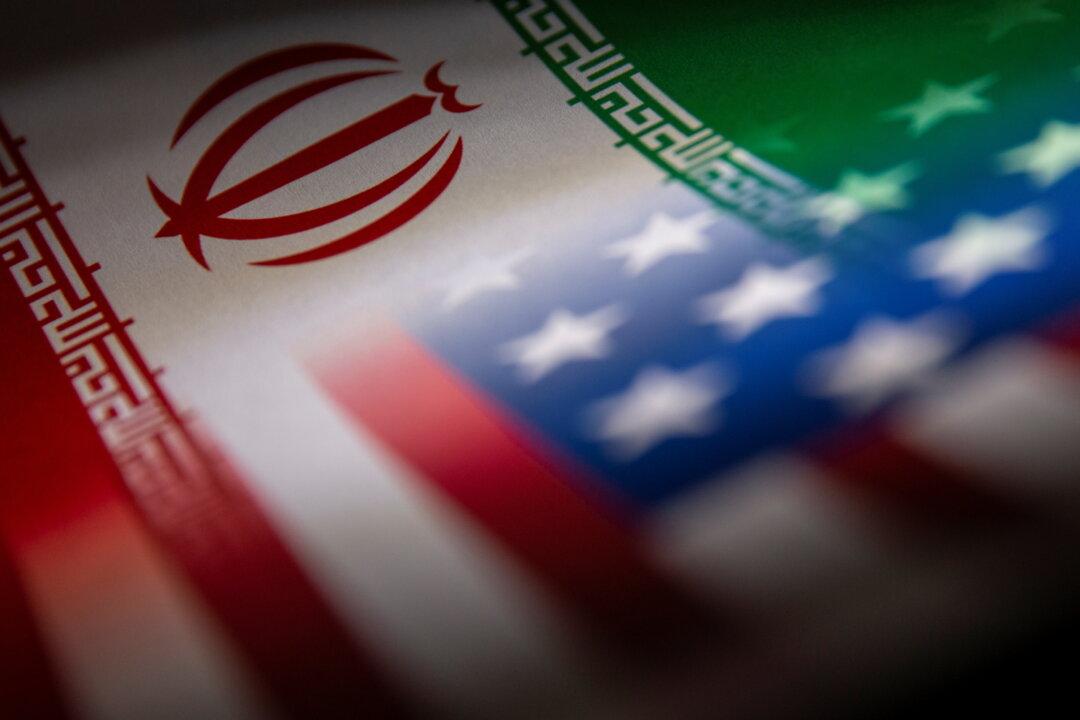Commentary
The intelligence community (IC) recently declassified the detail backing its predictably inconclusive, highly equivocal analysis of the Chinese coronavirus’s origin. Remarkably, the sole point on which intelligence officials seem confident—that COVID-19 was not a bioweapon, the most disturbing theory of all—is the one on which they provide the thinnest, weakest, and most oddly-approached argument. To point this out is not to endorse the bioweapon theory, but to call into question the rigor of the intelligence community’s (IC) analysis.





